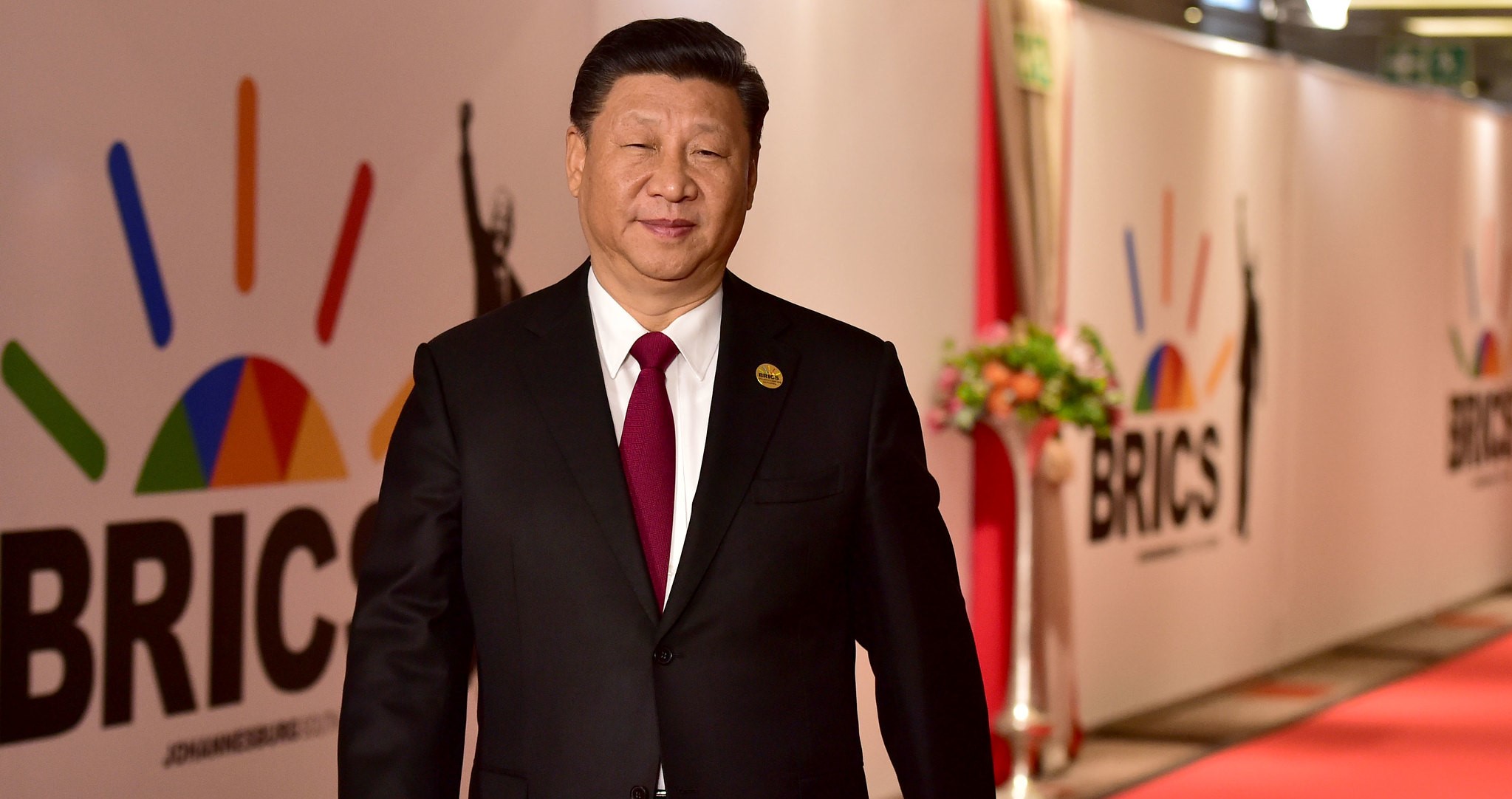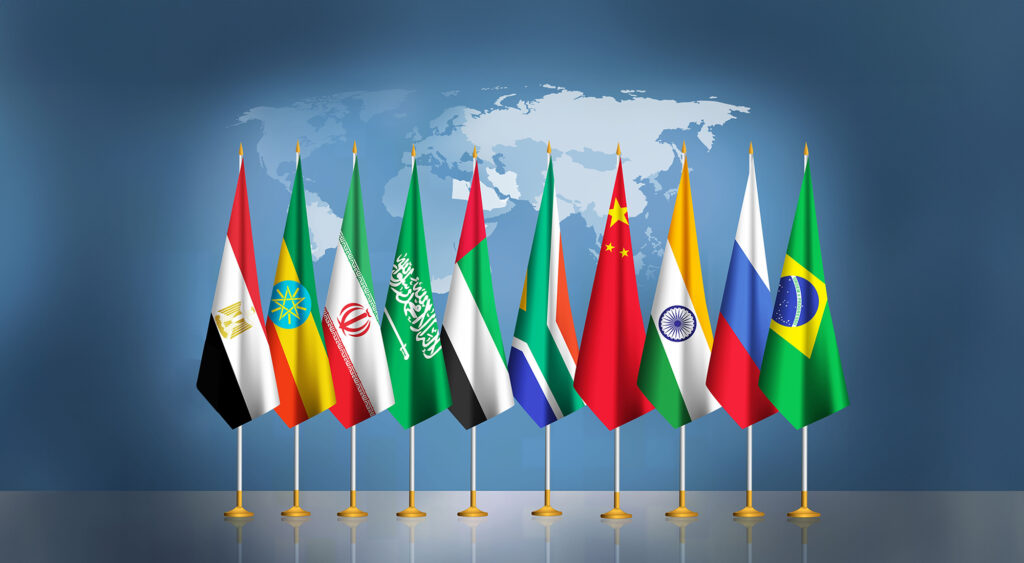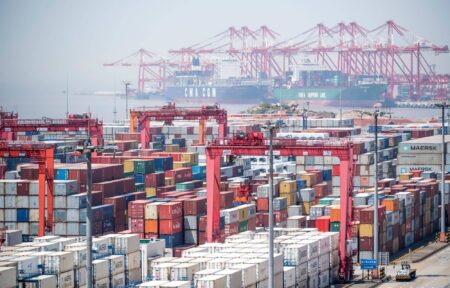- Global economic growth will emanate from powerhouse BRICS economies over the next five years as per the IMF predictions.
- The ten BRICS nations comprise more than a quarter of the world economy and almost half the global population.
- China will contribute most significantly to global growth over the next half-decade, with its 22 per cent share outpacing all G7 countries combined.
The countries comprising BRICS— Brazil, Russia, India, China, and South Africa, with five new members—are an informal grouping of emerging economies hoping to increase their sway in the world order.
The BRICS group has become a major political force in the last two decades, building on its desire to counter Western influence in global institutions.
BRICS’ 2024 expansion has come with a range of geopolitical implications. It forms a rising economic and demographic heft: the ten BRICS nations comprise more than a quarter of the world economy and almost half the global population.
BRICS’ Influence on the Global Economic Growth
According to the International Monetary Fund’s latest predictions, the global economy is set to rely even more significantly on the BRICS group of emerging economies to drive growth than on their wealthier Western counterparts.
The predicted influence of BRICS on global economic growth over the next five years is driven by their combined economic growth, the growing global share of GDP, and rising political clout as a counterweight of Western dominance.
Compared with their previous round of forecasts six months ago, the IMF expects a considerable share of economic growth over the next five years to emanate from powerhouse BRICS economies, including Brazil, Russia, India, and China.
This is according to forecasts that the IMF made public based on the purchasing power parity. Contrastively, the expected contribution of Group of Seven economies, including the United States, Germany, and Japan, was revised.
Read Also: BRICS bank readies to disburse $5 billion in loans this year
China in the Lead

Some of the predictions for other countries also indicate how the global economy is becoming more reliant on emerging markets. This is mainly based on the purchasing-power measure, which seeks to adjust prices and tends to give greater weight to poorer but more populous nations over wealthier ones.
On that argument, Egypt is poised to add 1.7 percentage points to global economic growth in the period, similar to Japan and Germany. Vietnam is predicted to contribute 1.4 percentage points, equal to the UK and France.
The strong expansion of the US economy in the last 25 years, particularly in the post-pandemic period, makes it the most significant contributor to global economic growth among developed countries. However, compared with the most populous nations, China and India, the US has not maintained its share of the global expansion in PPP terms.
The two smallest G-7 economies, Italy and Canada, are predicted to contribute less than 1 per cent each to the global GDP growth over the five years- a figure lower than the less developed countries with larger populations, such as the Philippines, Egypt and Bangladesh.
Prevailing Challenges for BRICS
Growing membership in BRICS also brings new challenges, including increasing pushback from Western countries and divisions within the bloc. Economic and political instability in BRICS member countries has also shaken confidence in the bloc’s efforts.
Brazil and South Africa have faced collapsing state capacity, yearslong recessions, chronic corruption, and crumbling infrastructure in the past decade. China’s economic slump also threatens the group’s dynamism.
Other major dividing lines include tensions between democracies and autocracies and long-standing rivalries like the ones between Saudi Arabia, Iran, Egypt, and Ethiopia.
Experts say that how BRICS members navigate those tensions will determine whether the group can have more influence on global economic growth.











